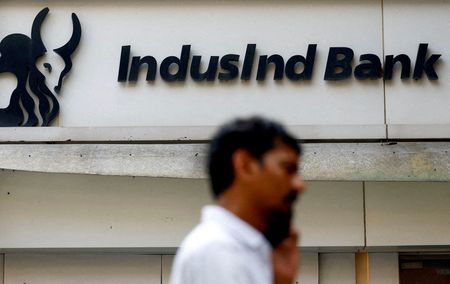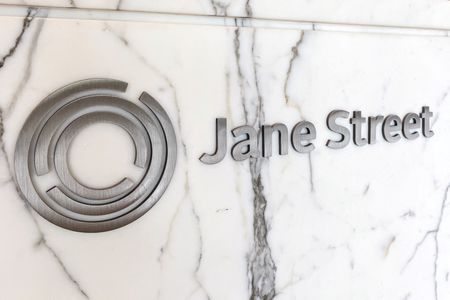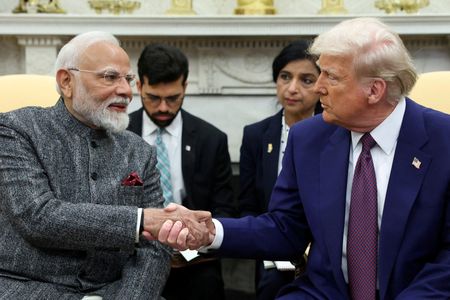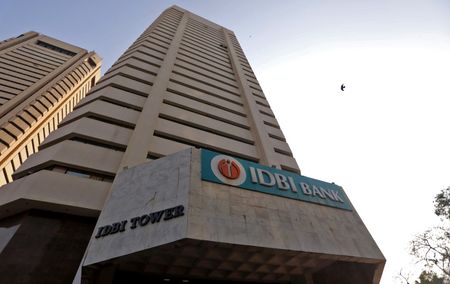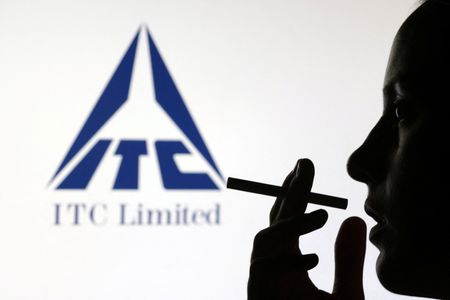By Siddhi Nayak
MUMBAI (Reuters) -The top two executives at India’s IndusInd Bank resigned this week after an external investigation found they were responsible for improper derivative accounting, three sources familiar with the findings said.
The bank’s CEO Sumant Kathpalia resigned on Tuesday taking “moral responsibility” for the lapses, a day after his deputy Arun Khurana stepped down, citing “unfortunate developments” caused by incorrect accounting of internal derivative trades under his leadership.
The report of the investigation, conducted by Grant Thornton and submitted to the bank’s board last week, said the accounting errors had reduced the bank’s balance sheet by $230 million, the bank has disclosed.
One of the sources said the report also said the CEO and the deputy CEO had been aware of the lapses and had the power to resolve them, but did not do so.
It was not clear who commissioned the Grant Thornton report, but one of the sources said the Reserve Bank of India took it as evidence the two executives had to resign.
The RBI wanted to understand what transpired and who was accountable in the utmost detail before any decision regarding senior resignations, said the second source.
None of the sources wished to be identified because they were not authorised to speak with the media and the external review panel’s report has not been made public.
The RBI, IndusInd Bank and Grant Thornton did not reply to a Reuters’ email seeking comment. Kathpalia and Khurana did not immediately respond to messages.
With a balance sheet of $60.80 billion as of March 2024, IndusInd Bank is India’s fifth largest private lender.
UK-based billionaire family Hindujas holds a 15.8% stake in the bank that has yet to report its financials for the year ended March 31, 2025.
Reuters reporting found the quest for profits combined with lax controls led to incorrect accounting practices that lasted for years.
TEMPORARY COMMITTEE
IndusInd Bank fell 3% after the market open on Wednesday, but ended the session 0.2% higher, on market expectations a new management team will soon be in place.
In the interim, the bank is being managed by a committee of senior executives overseen by the board.
“The formation of the committee is to ensure that there is no confidence crisis or depositor panic. This is a temporary measure till a CEO is announced,” a separate source aware of the central bank’s thinking said.
A credible management change can benefit the bank and investors, brokerage Jefferies said in a note, adding the floor for the stock price “may not be too far”.
Analysts’ median 12-month price target on the stock is 855 rupees, which implies a roughly 2% upside to Wednesday’s closing price of about 838.4 rupees, according to LSEG data.
The average rating of these 36 analysts is to “hold” the stock, compared with “buy” before the lapses were disclosed, LSEG data shows.
($1 = 84.6990 Indian rupees)
(Reporting by Siddhi Nayak; Editing by Rashmi Aich, Savio D’Souza and Barbara Lewis)

